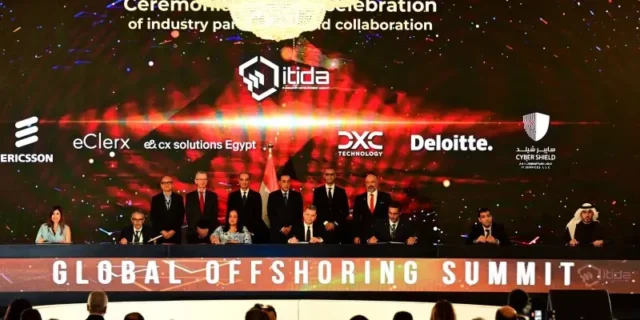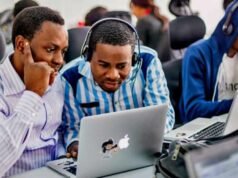In a development signalling fresh momentum for Egypt’s booming technology services landscape, the global telecoms giant Ericsson has today inked a three-year Memorandum of Understanding (MoU) with Egypt’s Information Technology Industry Development Agency (ITIDA). Under the patronage of Prime Minister Mostafa Madbouly, the agreement sets out a joint framework to propel Egypt’s information and communications technology (ICT) and digital-services sectors into a new phase of development.
Aligned with the country’s “Digital Egypt Strategy for Offshoring Industry 2022–2026”, this alliance emphasises engineering, research and development (ER&D), business-process management (BPM) and knowledge services (KS), with a specific focus on up-skilling youth and supporting the nation’s transition into a higher-value services economy.
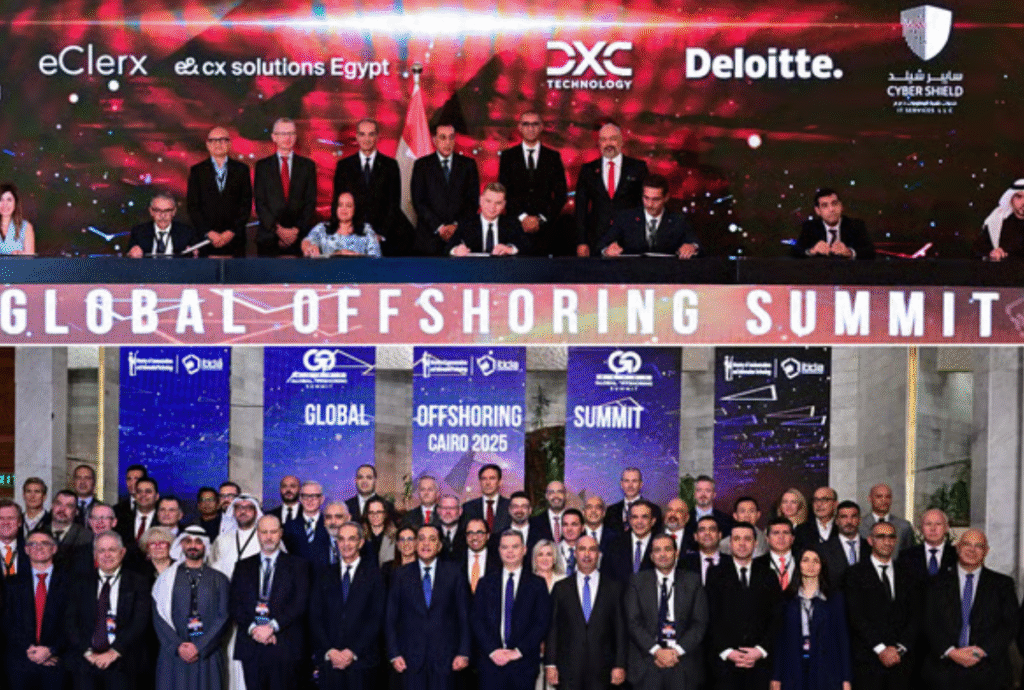
Table of Contents
Why Ericsson and ITIDA Partnership Matters for Egypt’s Tech Ecosystem
For Nigeria and other African technology watchers, this move stands out for several reasons:
1. Elevating Egypt’s role in global outsourcing and digital-services delivery. Egypt has long pursued the ambition of becoming a regional hub for offshored digital services — this MoU adds weight to that ambition. ITIDA’s participation signals strong state backing for scaling up local capabilities to serve global demand. In fact, Egypt recently signed MoUs with 55 companies aimed at generating over 70,000 jobs in the outsourcing sector.
2. A pipeline for talent and skills development. The agreement explicitly mentions collaboration on digital-skills training programmes, employment fairs and university partnerships aimed at students and recent graduates. For Nigeria, where youth unemployment and skills gaps remain significant, this serves as a useful case of how a country is aligning its public and private sectors for tech-skills capacity building.
3. Access to cutting-edge technology and global networks. Ericsson’s involvement brings both heft and the promise of advanced technology deployment (5G, digital core networks, etc) and deep industry experience. As the press release says, the partnership builds on a “long-standing collaboration” to advance Egypt’s digital capabilities.
4. Reinforcement of government strategy. Egypt’s government emphasises the strategic importance of the ICT sector in its broader vision (Egypt Vision 2030) and economic transformation agenda. Minister of Communications Amr Talaat remarked that the Ericsson-ITIDA MoU forms part of a broader package of investment agreements in offshoring.
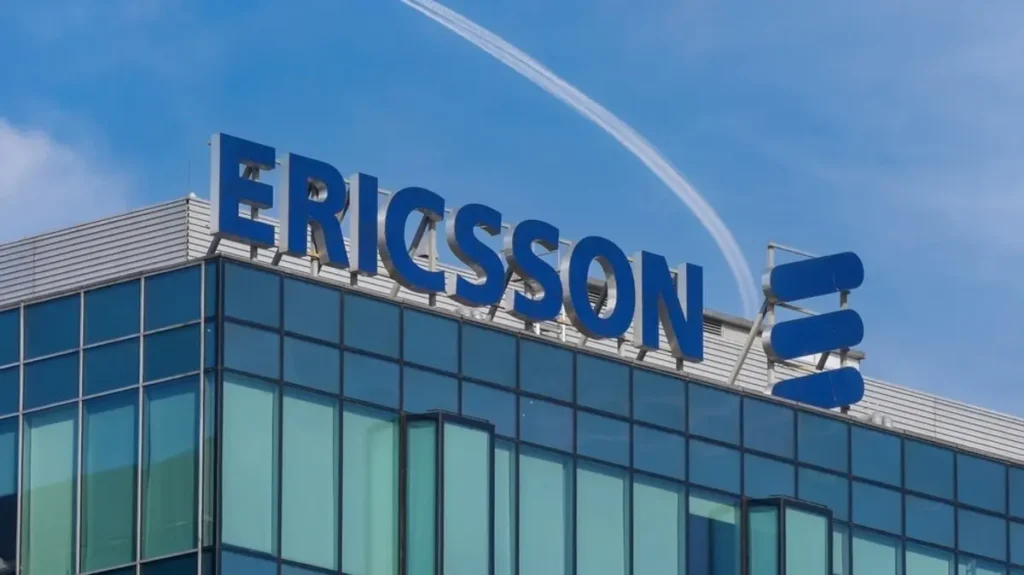
What the Agreement Will Cover
Though the MoU is broad in scope, several key themes stand out:
- Digital skills and employment platforms. Plans to create training programmes, host employment fairs and engage universities will feed fresh talent into the local ecosystem.
- Joint technology and service-offering development. The agreement covers support for ER&D, BPM and KS services, aligning with global offshoring trends where firms seek deeper, knowledge-intensive work.
- Use of advanced telecoms and digital infrastructure. Ericsson’s core strengths — network services, 5G, OSS/BSS, cloud and automation — are referenced in the framework.
- Alignment with national strategy and offshoring industry expansion. This ties directly into Egypt’s Digital Egypt strategy and is part of a larger push involving dozens of global firms expanding or entering the Egyptian market.
Implications and What to Watch
For Egypt:
This deal underscores Egypt’s ambition to move up the value chain in digital services — from simple outsourcing or call centres to higher-end ER&D, knowledge services and regional export hubs. It also strengthens the “digital skills for youth” narrative. Looking ahead, the success of the MoU will depend on execution: how well the training programmes link to real jobs, how fast technology transfer happens, and whether local firms and talent can keep pace.
For Nigeria and the region:
Nigeria may draw lessons from this model: aligning public-sector agencies, global technology firms and talent pipelines in a coherent strategy. There may be opportunities for collaboration, competition or talent exchanges between Egypt and Nigeria in digital services. The push for offshoring and knowledge-services exports is a trend across Africa, and this deal reinforces that.
Potential challenges:
- Scaling talent: Even with training, matching global standards and retaining skills can be tough.
- Infrastructure gaps: Ensuring that technology and connectivity support high-value services across the country (including outside large cities).
- Market dynamics: Competition from other countries offering offshoring, digital services delivery or talent pools.
- Measuring outcomes: The MoU is three years long — metrics, milestones and transparency will matter for long-term impact.
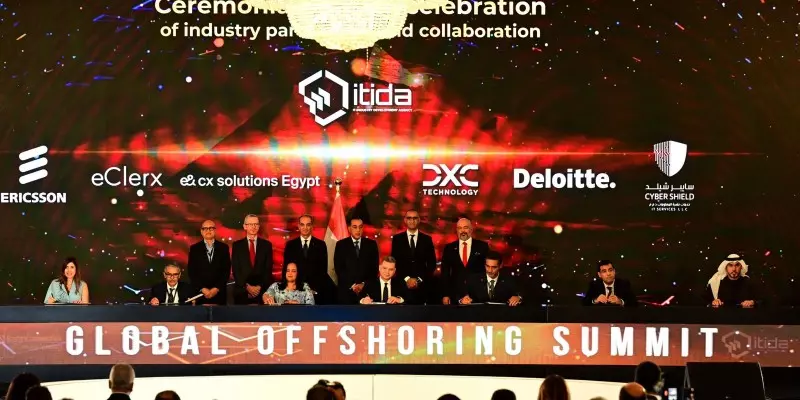
Conclusion
The signing of this MoU between Ericsson and ITIDA marks a significant chapter in Egypt’s evolving digital-services story. With clear government backing, global technology leadership, and a youth-skilled population, the ingredients are in place for impactful change. For Nigeria and other African nations, this partnership offers both inspiration and a blueprint for how to bridge technology, talent and services. It remains to be seen how effectively the partnership translates into jobs, exports and sustainable industry growth — but the path ahead looks promising.
For readers keen to watch this space: keep an eye on how many graduates are placed, how many new service centres or delivery hubs emerge, and whether Egypt begins to export significant volumes of digital, knowledge, or R&D services internationally.
Join Our Social Media Channels:
WhatsApp: NaijaEyes
Facebook: NaijaEyes
Twitter: NaijaEyes
Instagram: NaijaEyes
TikTok: NaijaEyes


